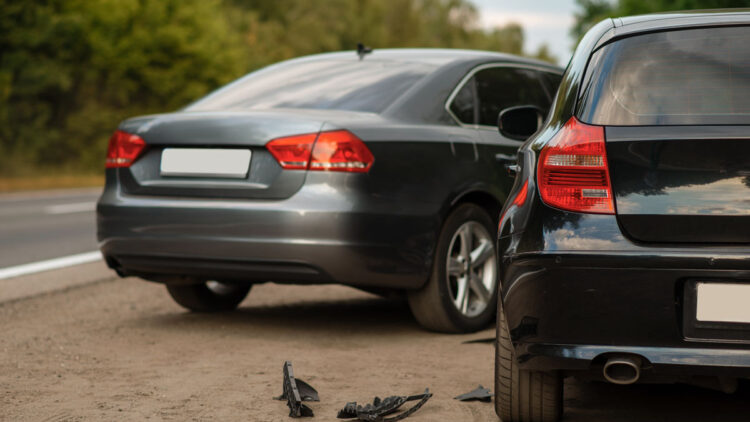Someone Hit My Car, Whose Insurance Do I Call?
When you are involved in a car accident, or someone hits your car and drives off, you experience a level of stress that you aren’t accustomed to. So, in order to ensure that this process proceeds smoothly, you should be prepared and thorough with the details in the report. In the event of your car being hit, you may not know whose insurance you should make a call to. You might not even know what details to take down. So within this article, we will discuss the things you should know about what to do at the scene of an accident.
Checklist: What To Do After a Car Accident [Infographic]
Make a Call To Your Insurance Provider
“Someone hit my car, whose insurance do I call?” In the event of an accident, which you are certain isn’t your fault, you should always contact your insurance company first, even in a hit and run. While the fear of increased rates is a real thing, you mustn’t let it compel you not to reach out. However, there are many states that make it prohibited to increase rates due to an accident you aren’t at fault of.
It is a show of good faith, and helpful in the future, to contact your insurance provider in the event of a car accident or collision. Even if the other driver insists it isn’t their fault, always make a claim. Whether or not you believe you are at fault, make sure that you report any accident you are involved in your insurer.
Depending on what coverage you have, it is typically the responsibility of your insurance provider to cover the immediate costs of any hit & run or accident. With insurance that covers collisions, a claim is a step closer to getting repairs/replacement. Your insurance should cover the costs, aside from the deductible and associated costs.
After another driver contacts their insurance providers, in the event of an accident, the insurance companies work together to determine who is at fault. If you are found to not be at fault, your provider will work to recover any costs that they or you had to pay due to the accident.
There is, however, some work you should handle before this process can transpire.
Take Important Information at the Accident Scene
There are instances, even when you are not at fault, that insurances can sometimes show an at-fault report in certain systems. If you find yourself in this position, you could be called on to provide documentation that supports your claim of not being at fault. Doing so can have this removed from records, such as MVR. It is because of this why you should collect all the details and pictures necessary and relevant to the accident, regardless of what you perceive is at fault.
If you find yourself involved in an accident with another driver, make sure that you contact the police and tell them that you were involved in an accident. This is especially important if there is severe damage or any kind of injury.
However, the severity of the accident, a third party collecting information from all witnesses and parties involved, is vital to determining fault in an accident. Make sure that you obtain a copy of a police report, or the number relevant to the report, for your insurance company. Many states, like Missouri, require by law that you report any accident that involves $500 or more in property damage, bodily injury, or death.
Whether or not you involve the police in a car accident, you need to collect some vital information for yourself, such as:
- The Contact Information of the Other Driver Involved
- Name and Address of Other Driver
- License Information of Other Driver
- Policy & Insurance Company Information from Other Driver
- Pictures of Scene and Damage
- Witness Statements and Contact Info
You will find that insurance companies usually have a checklist and apps you can utilize at the scene to document and preserve any and all details that pertain to the accident. It is your responsibility to contact your insurance company, and when you do, make sure to report the insurance information of the other driver. If the other driver doesn’t report to their insurance company, providing the information to your company will ensure that the matter is properly handled.
You will be back on the road in no time, with the information in the hands of your insurance provider. So make sure that you collect all the proper information. You should never have to ask yourself, “Someone hit my car, whose insurance do I call?”

